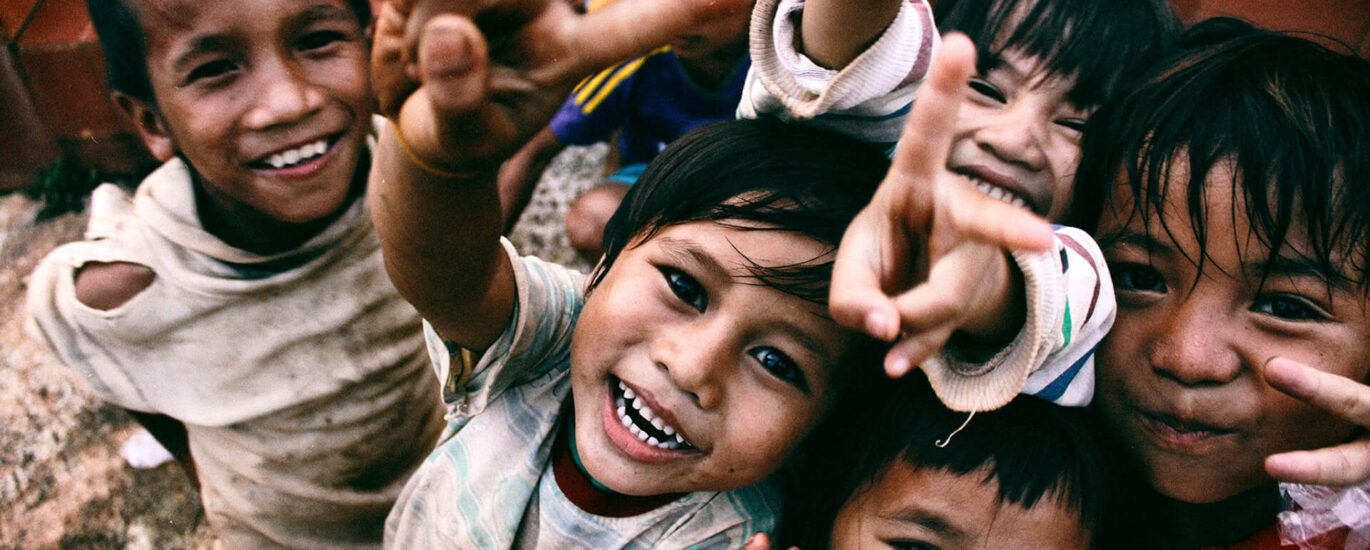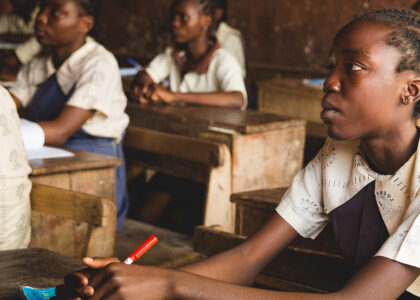In an increasingly interconnected world, the impact of social disasters—ranging from economic inequality and systemic racism to environmental degradation and public health crises—can be felt across communities, nations, and generations. These disasters often exacerbate existing vulnerabilities and create new challenges, particularly for marginalized populations. However, in the face of these daunting challenges, there is an opportunity for collective action to rise and uplift those affected, driving positive change and building a more resilient society.
Understanding Social Disasters
Social disasters are complex and multifaceted events or conditions that result in widespread harm to individuals, communities, and societal structures. Unlike natural disasters, which are often sudden and unpredictable, social disasters are typically the result of long-standing systemic issues, such as poverty, discrimination, lack of access to healthcare, and inadequate education. These disasters are often perpetuated by policies and practices that marginalize vulnerable groups, creating cycles of disadvantage that can be difficult to break.
The COVID-19 pandemic, for example, highlighted the deep-seated inequalities within our societies, disproportionately affecting low-income families, minorities, and those with limited access to healthcare. Similarly, climate change poses a significant social disaster, with its effects felt most acutely by those living in poverty or in regions vulnerable to extreme weather events. These examples underscore the need for comprehensive and coordinated efforts to address the root causes of social disasters and mitigate their impact.
The Power of Collective Action
One of the most effective ways to combat social disasters is through collective action—individuals, communities, organizations, and governments working together to create meaningful change. Collective action empowers communities to take control of their own destinies, fostering resilience and promoting equity.
- Community Engagement: Grassroots movements and community-based organizations are often at the forefront of efforts to address social disasters. By organizing and advocating for change, these groups can influence policy, raise awareness, and mobilize resources to support those in need. Engaging with and supporting these movements is crucial for driving systemic change from the ground up.
- Policy Advocacy: Governments and policymakers play a critical role in addressing social disasters by enacting and enforcing laws that promote social justice, protect vulnerable populations, and ensure access to essential services. Advocacy efforts aimed at influencing policy can lead to significant improvements in areas such as housing, healthcare, education, and environmental protection.
- Corporate Responsibility: Businesses and corporations have a responsibility to contribute to the well-being of society. This can be achieved through sustainable practices, fair labor policies, and corporate social responsibility (CSR) initiatives that support social causes. By leveraging their resources and influence, businesses can help mitigate the effects of social disasters and promote positive change.
- Global Cooperation: Many social disasters have global implications, requiring international cooperation and collaboration. By working together across borders, nations can address global challenges such as climate change, pandemics, and economic inequality more effectively. International organizations, NGOs, and governments must coordinate their efforts to ensure that resources are distributed equitably and that vulnerable populations are protected.
Rising to the Challenge
Rising to uplift those affected by social disasters requires a commitment to empathy, solidarity, and justice. It means recognizing the interconnectedness of our world and understanding that the well-being of one community is tied to the well-being of all. It also means taking proactive steps to address the root causes of social disasters and working to create systems that promote fairness, inclusion, and resilience.
Each of us has a role to play in this effort. Whether it’s through volunteering, advocating for policy change, supporting social justice organizations, or simply raising awareness, every action counts. By standing together and taking collective action, we can uplift those affected by social disasters and build a society that is more just, equitable, and resilient for all.
Conclusion
Social disasters pose significant challenges, but they also present an opportunity for us to rise and uplift one another. Through collective action, we can address the systemic issues that perpetuate inequality and create a more just and resilient society. Now is the time to act, to stand in solidarity with those affected, and to work together toward a brighter future for all.




